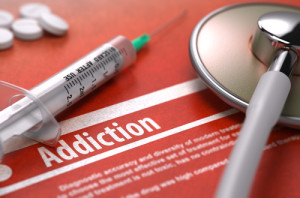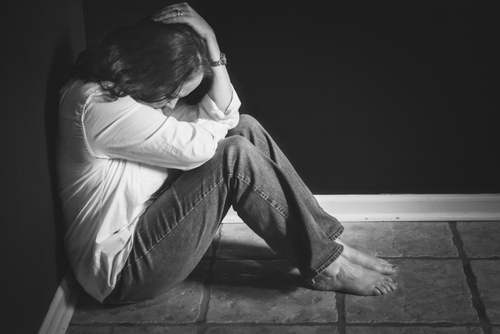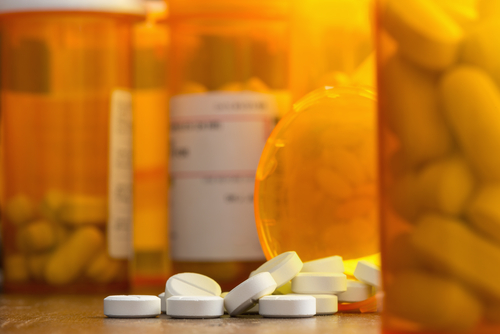Traditional 12-step addiction recovery programs have been endorsed by numerous public health organizations, including the U.S. National Institute of Health, the Substance Abuse and Mental Health Services Administration, the American Psychiatric Association, and the U.S. Department of Veterans’ Affairs, as a cost effective approach to addiction treatment and recovery. They have been proven effective to
An Introduction to a Traditional 12-Step Addiction Recovery Program











